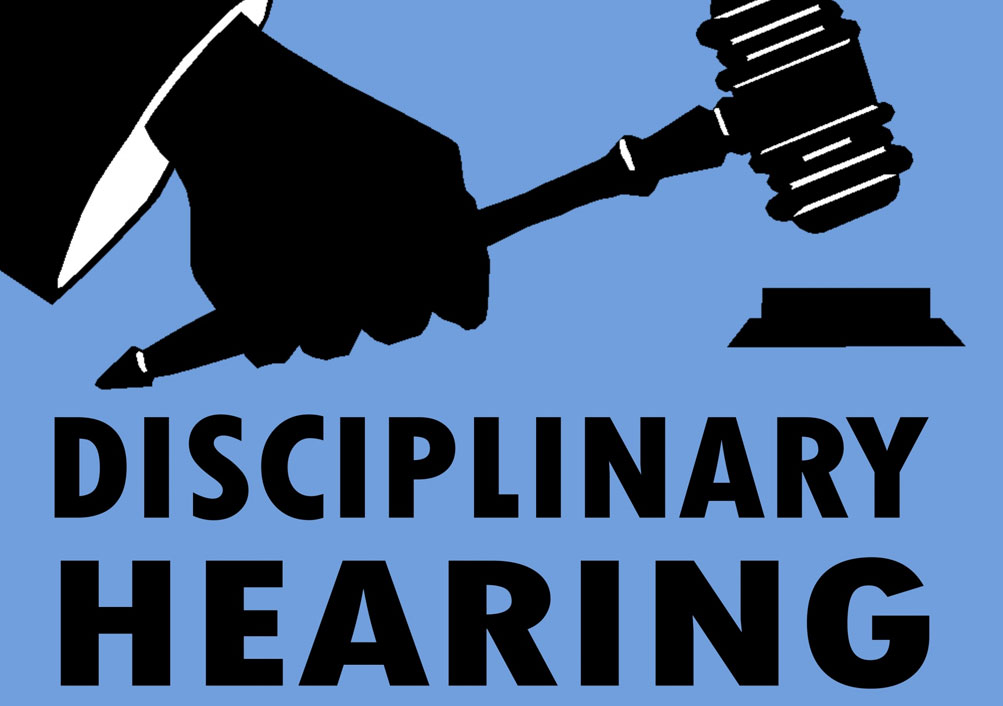Doctrine of Necessity to be invoked when it is admitted that President of Departmental Inquiry Committee was replaced by someone due to ill health: SC

Read Judgment: JAI BHAVANI SHIKSHAN PRASARAK MANDAL vs. RAMESH & ORS.
Pankaj Bajpai
New Delhi, March 31, 2022: In a case pertaining to the removal of an employee from the post of Principal of Institute of Pharmacy, the Supreme Court has highlighted that the Head of the Institution is essentially an employee who is entitled to remuneration, seniority, promotion, continuance in service till the age of superannuation and is also subject to the disciplinary control of the Management. The Court added that the President or Secretary of the Educational Society running the said Institute cannot be removed under the Maharashtra Employees of Private Schools (Conditions of Service) Rules, 1981.
A Division Bench of Justice V. Ramasubramanian and Justice Hemant Gupta observed that Rule 36(2)(b) of the MEPS Rules should be construed to apply only to a person who is the “Head” and who is also the “Chief Executive Officer”. Otherwise the words “referred in subrule (1)” appearing in clause (b) would become redundant, stated the Bench.
The observation came pursuant to an appeal by the Educational Society running the Institute of Pharmacy challenging the judgment whereby the High Court had confirmed the order by the School Tribunal, Aurangabad, which set aside the penalty imposed upon Ramesh (first respondent) of removal from service from the post of Principal of the Institute of Pharmacy.
After considering the submissions, the Top Court found that the first respondent was the Head within the meaning of the expression in terms of Section 2(9) of the Maharashtra Employees of Private Schools (Conditions of Service) Regulation Act, 1977, as he was the Principal of the Institute.
But admittedly the first respondent was not the Secretary, Trustee or Correspondent of the Institute, to fall within the definition of the expression “Chief Executive Officer” under Rule 2(1)(c) of the Maharashtra Employees of Private Schools (Conditions of Service) Rules, 1981, added the Court.
Speaking for the Bench, Justice Ramasubramanian highlighted that unfortunately the School Tribunal as well as the High Court failed to take note of the very pleadings of the first respondent with regard to the circumstances in which the President of the Society could not continue as part of the Inquiry Committee, and therefore, the order of the School Tribunal was vitiated by perversity.
The Chief Executive Officer of a Society, such as the President, Secretary or Treasurer cannot be an employee of the Institution run by the Society and that a Chief Executive Officer such as the President or Secretary is liable to get elected and not entitled to remuneration, added the Bench.
Accordingly, the Apex Court concluded that the High Court had failed to take note of doctrine of necessity, as once it was admitted that the disciplinary proceedings commenced with an Inquiry Committee of which the President was a member and subsequently he was replaced by someone due to ill health, the doctrine of necessity would come into play.
Hence, the Apex Court reversed the orders of the High Court and the School Tribunal.
Sign up for our weekly newsletter to stay up to date on our product, events featured blog, special offer and all of the exciting things that take place here at Legitquest.




Add a Comment